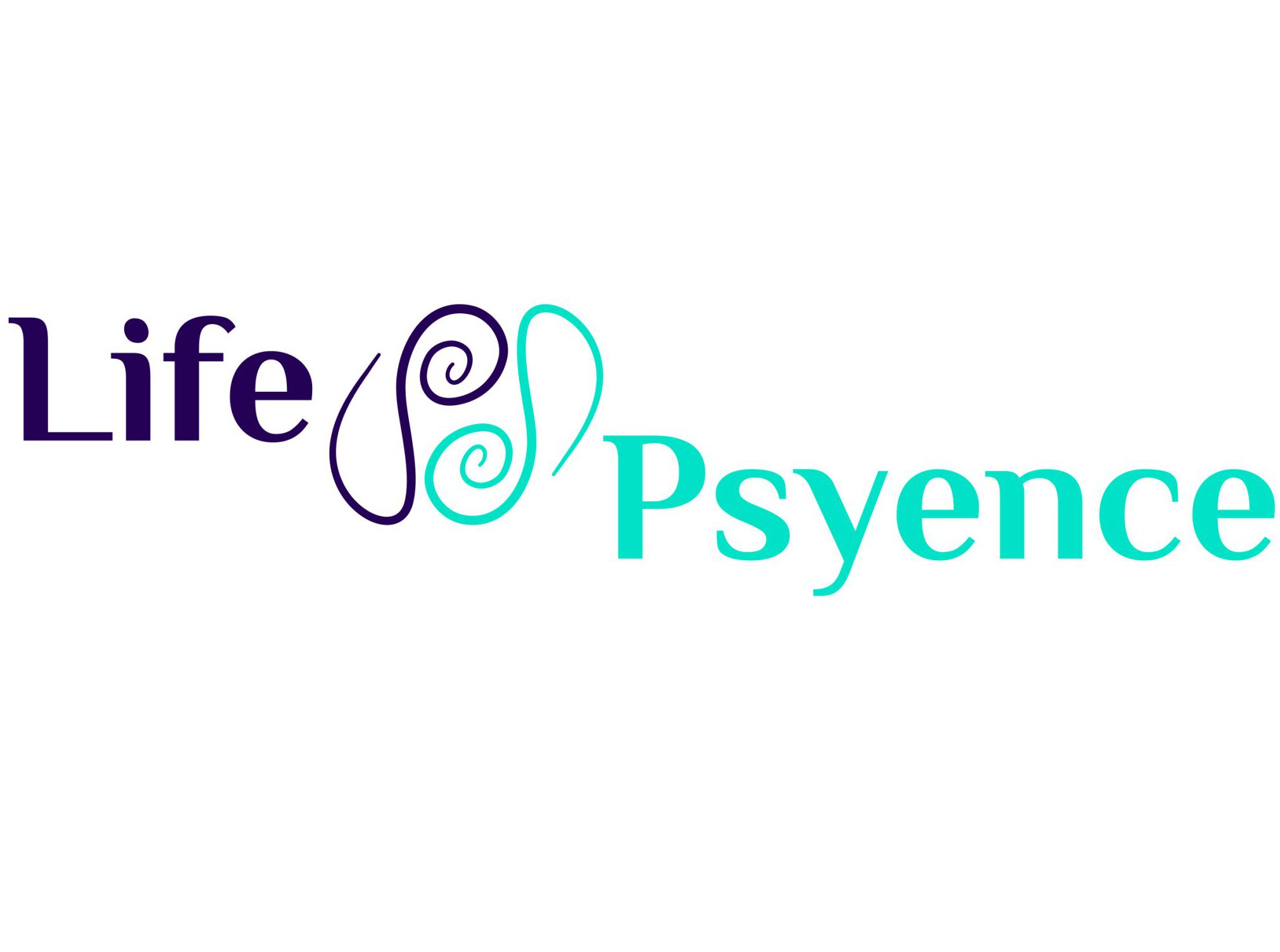Can Your Personality Change?
Can your Personality change? Moment to moment, mood to mood, or throughout life?
Of course! And no.
It depends on how you define and look at what we mean by “Personality”.
When discussing the Jungian/Briggs-Myers model of personality typology, Personality is defined as:
– The type of information you inherently pay attention to (conceptual or tangible; internal or external)
– The type of criteria you use to make decisions (values-based or data-based; internal or external)
– Which state is more energy positive and thus most natural and sustainable (inward focus or outward focus).
It is my belief, based on extensive study of human development and my own professional and clinical experience, that those three things about a person do not change. In other words, your 4-letter type code does not change, despite different quiz results on different days or different times in your life. What does change is how those three things about you look, what seems more apparent – depending on what mood, situation, and phase of life we are in.
Sure aspects of what people might generally describe as “personality” change constantly depending on what context we are in, what we are noticing about ourselves, stressed by, working on, getting stuck in, what people are around us, our physical environment etc. All of us are sometimes more outgoing, sometimes more in need of alone time. Sometimes in problem solving mode, sometimes in our feelings. This doesn’t change the foundational elements of our personality as defined by cognitive functions. Why not?
I think of it as the foundation of a house. Think of how much different a house can look if you change the paint, the fixtures, the furnishings, even on the more extreme end you can take down walls and add extensions! But every building has a foundation and load-bearing walls that can not be altered without catastrophic damage or risk thereof. Your cognitive functions and their roles are your foundation and load-bearing walls.
For example – an INFJ’s foundation is composed of the following cognitive functions and corresponding roles:
Ni (Introverted iNtuition) – Most energizing to take in information that is conceptual and inward focused. In the grand scheme of things this is what you are set up to do best and protect your capacity to do it.
Fe (Extraverted Feeling) – Decisions based on collective emotional wellbeing. This outward focus is a necessary counterbalance to Ni but expends energy and isn’t constantly sustainable.
Ti (Introverted Thinking) – Decisions based on logical truth as defined by one’s self. Being inward-focused it expends less energy than Fe but doesn’t provide the inward/outward balance that makes one functional in society in the long term.
Se (Extraverted Sensing) – A “blind spot” in regard to perceiving information from the physical senses in the present moment. The “opportunity cost” of being set up for Ni is a blind spot in Se. But they are inexorably joined, 2 sides of a coin, and so this flip side will make itself known, clumsily, as an outlet and an aspiration.
A common and misleading framework is to think of the cognitive functions as an omnipresent numerical order, strength, percentage, etc. I much prefer seeing them as roles. Sorry for mixing metaphors in this post but here goes… The CEO of a company may not be visible in every situation, and they may delegate a lot of responsibility to other employees and partners. They may be on the beach with no communication with the rest of the company for a while, but they are no less the CEO when they are on vacation.
Thus an INFJ may enjoy being very outgoing when focused on personal or career development, or people they love are in a state of significant need. This outward-focused time doesn’t make them an Extravert for the moment or for that year or decade. It makes them an INFJ who is investing a lot of energy in Fe for whatever reason.
An INFJ may be show up as extremely analytical and enjoy problem solving, especially an interpersonal or psychological context. They may intentionally distance themselves from people and conserve their emotional and physical energy by concentrating on the facts in a lot of circumstances. This doesn’t mean they are sometimes an INTP or an INTJ. It means they are an INFJ conserving their energy and/or solving a problem in a comfortably inward-focused state. They may “test” as having Ti as their top-used function a lot of the time, because it is high in their awareness and feels comfortable, enjoyable, a way to make decisions without the energy drain of outward-focused Fe. But despite being prominent a lot of the time, the role Ti is playing is very different from the role that Ni plays in the structure (most energizing and restorative), even when Ni is “on vacation”.
Enjoy remodeling your “home”, appreciating the transformations your personality undergoes! And honor your foundation and your CEO! If you aren’t sure who your CEO is and where those load bearing walls are, book a consultation with me using the Book Now button at the top of the Dynamic Equilibrium page!


